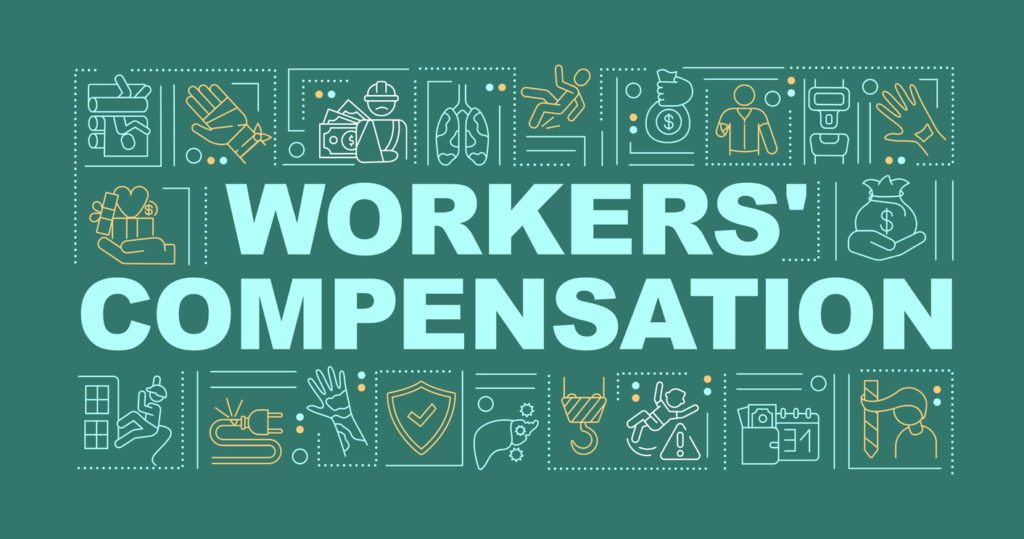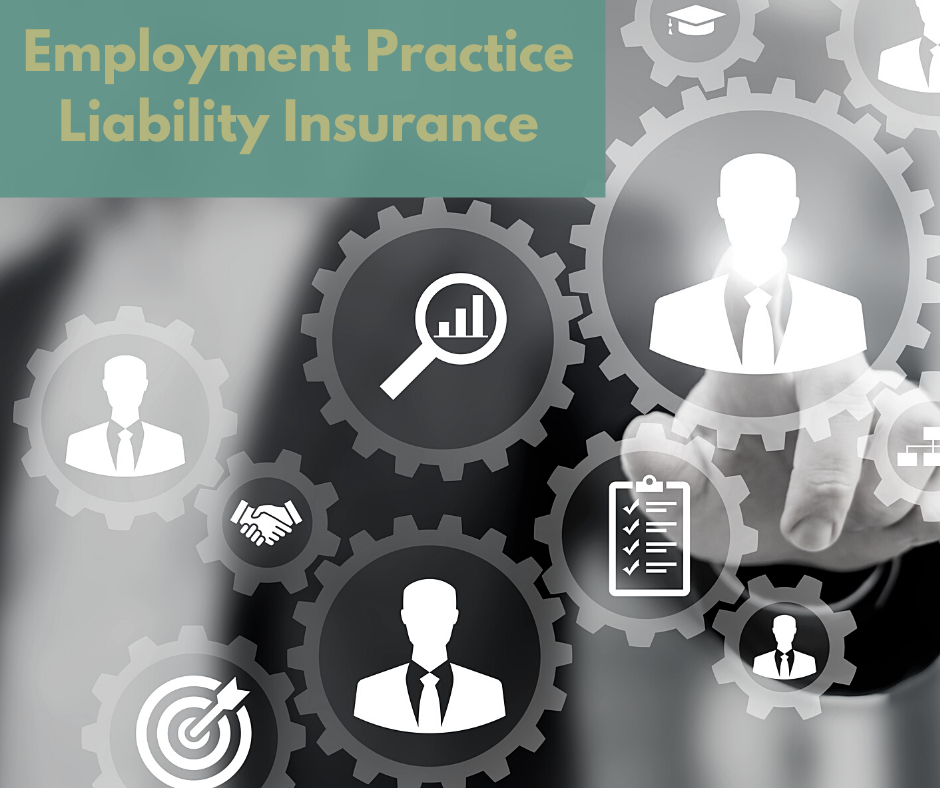As a consultant, protecting your business from unforeseen risks is crucial. Business insurance provides financial security against liabilities, legal claims, and unexpected disruptions. Whether you run a small business or are an independent consultant, having the right insurance policies can protect your professional and financial security.
One of the most important policies is Professional Liability Insurance (Errors & Omissions Insurance), which covers claims related to negligence, mistakes, or inadequate service claims. If you work remotely or own office space, Commercial Property Insurance helps cover damage or loss of equipment.
For consultants relying on digital tools. Additionally, Business Interruption Insurance helps cover income loss due to unexpected events like natural disasters.
Professional Liability Insurance (Errors and Omissions Insurance)
One of the essential insurance policies types of coverage protects consultants’ professional services they provide.

Why It’s Important:
- Protection Against Lawsuits: Consultants may face lawsuits if a client claims that their advice or services caused financial harm, losses, or damage to their business. This coverage helps defend the consultant in legal proceedings and covers any damages awarded to the plaintiff.
- Protection for Mistakes: Even the most experienced consultants can make errors or overlook critical details to help cover legal fees and any compensation awarded.
What It Covers:
- Claims of negligence or failure to perform services as promised.
- Errors in advice, recommendations, or strategies.
- Misinterpretation of information provided to clients.
- Defense against lawsuits that claim the consultant’s professional services led to a financial loss or damage.
Who Needs It:
Any consultant who provides expert advice, strategies, or recommendations should consider professional liability insurance, including:
- Business consultants
- IT consultants
- Financial consultants
- Marketing consultants
- Legal consultants
- Management consultants
General Liability Insurance
General Liability Insurance is an essential coverage for all types of businesses, including consulting firms. It protects against common business risks.
Why It’s Important:
- Client Injuries and Property Damage: If or if you damage a client’s property while working on their project, general liability insurance can help cover the associated costs.
- Reputation Protection: In addition to financial protection, general liability insurance helps mitigate the impact of claims on your reputation by covering legal expenses and settlements.
What It Covers:
- Bodily injury or property damage that occurs on your business premises or as a result of your business activities.
- Medical costs and legal expenses from accidents or injuries related to your consulting work.
- Defamation, libel, or slander claims.
- Copyright infringement or violation of intellectual property rights.
Who Needs It:
Any consultant with physical interactions with clients or working in client spaces, such as:
- Management consultants visiting client offices.
- IT consultants handling client technology.
- Environmental consultants conducting on-site assessments.
Business Owner’s Policy (BOP)
A Business Owner’s Policy (BOP) combines several essential types of insurance into one bundled package. It typically includes general liability insurance, property insurance, and business interruption insurance, offering cost savings compared to purchasing individual policies.
Why It’s Important:
- Comprehensive Coverage: BOPs offer a convenient way for consultants to obtain essential insurance coverage in one policy. They can protect your physical office, equipment, and any interruptions to your business caused by unforeseen events.
- Cost-Efficiency: By combining multiple coverages in a single policy, BOPs are typically more affordable than purchasing each policy separately.
What It Covers:
- Property damage to office equipment, furniture, and computers.
- Loss of business income due to property damage or other disruptions.
- Liability coverage for injuries or damages caused by business activities.
- Legal costs associated with defending claims.
Who Needs It:
A BOP is ideal for consultants who own a physical office or have a lot of business assets to protect, including:
- Independent consultants with home offices.
- Consultants with employees or contractors.
- Consulting firms with a physical location.
Workers’ Compensation Insurance

Workers’ Compensation Insurance provides financial protection for consultants who have employees and offer compensation.
Why It’s Important:
- Employee Safety: Even if you are a consultant working independently, having employees or contractors requires you to protect them in case of work-related injuries.
- Legal Requirement: In many jurisdictions, workers’ compensation insurance is a legal requirement for businesses with employees, regardless of the size of the company.
What It Covers:
- Medical bills and rehabilitation expenses for employees who are injured while working.
- Compensation for lost wages due to work-related injuries or illnesses.
- Legal fees in case of lawsuits related to workplace accidents.
Who Needs It:
Any consultant with employees or independent contractors should have workers’ compensation insurance, including:
- Consulting firms with full-time or part-time staff.
- Consultants hiring freelancers or temporary workers.
- Consultants with physical or on-site work that could expose employees to risk.
Cyber Liability Insurance
In the digital age, consultants who handle sensitive client data or maintain digital infrastructure are at significant risk of cyberattacks and data breaches. Cyber Liability Insurance offers coverage for damages resulting from a data breach or cyber incident.
Why It’s Important:
- Protection Against Data Breaches: Consultants who handle personal or sensitive information about clients (financial data, healthcare records, intellectual property) could face significant costs if their systems are breached.
- Client Trust: A data breach could damage your reputation, leading to loss of clients. Mitigating such an event and restoring trust.
What It Covers:
- Legal fees and compensation for clients affected by a data breach.
- Costs related to the investigation, notification, and credit monitoring services.
- Expenses for restoring damaged data or systems after a cyberattack.
- Loss of business income due to the disruption of services after a cyber event.
Who Needs It:
Consultants who store client data or operate in industries where sensitive information is regularly handled, including:
- IT consultants
- Financial and healthcare consultants
- Consultants with an online business model
- Consultants using digital tools or platforms that store client data
Commercial Auto Insurance
If you use a vehicle for business purposes—whether it’s visiting clients, transporting equipment, or driving between meetings—Commercial Auto Insurance provides coverage in case of accidents or damage to your vehicle during business-related activities.
Why It’s Important:
- Business Use of a Personal Vehicle: For standard purposes, it’s essential to have commercial auto insurance if you use your car for client meetings or transporting business equipment.
- Accidents During Business Operations: If you’re involved in an accident while on business trips, commercial auto insurance will help cover the repair costs, medical expenses, and any liability claims.
What It Covers:
- Property damage and bodily injury caused by accidents involving your business vehicle.
- Vehicle repair or replacement after an accident.
- Medical expenses resulting from an accident.
- Liability coverage if you’re at fault in a business-related accident.
Who Needs It:
Consultants who use vehicles for their business, including:
- Consultants who travel frequently for client meetings.
- Those transporting equipment or materials.
- Consultants with a fleet of vehicles or multiple employees using company cars.
Employment Practices Liability Insurance (EPLI)

If you have employees or independent contractors working for you, Employment Practices Liability Insurance (EPLI) is vital coverage to protect your business from claims related to employment practices.
Why It’s Important:
- Legal Protection: EPLI protects your consulting business against employment-related lawsuits, such as claims of discrimination, harassment, wrongful termination, or retaliation.
- Peace of Mind: As an employer, it’s essential to have protection in place in case an employee or contractor sues for employment-related issues.
What It Covers:
- Claims related to wrongful termination, discrimination, sexual harassment, or retaliation.
- Legal fees and settlement costs if an employee or contractor sues the consultant.
- Coverage for defamation, breach of contract, or other employment-related disputes.
Who Needs It:
Consultants with employees or independent contractors, including:
- Consulting firms with multiple staff members.
- Independent consultants hire temporary workers or subcontractors.
- Firms with contractors working remotely or in various locations.
Product Liability Insurance
For consultants involved in creating or selling products (such as software, tools, or methodologies), Product Liability Insurance covers damages or injuries caused by defects in the products they provide.
Why It’s Important:
- Protection from Product Claims: Even if you’re not directly manufacturing physical products, offering products as part of your consulting services (like software, reports, or products developed for clients) can expose you to liability if those products cause harm or damage.
- Client Protection: Product liability insurance can help mitigate products, ensuring you’re covered against unforeseen risks.
What It Covers:
- Injuries or damages caused by defects in products sold or recommended by the consultant.
- Legal defense costs if a product causes harm.
- Product recall costs if a defect requires products to be removed from the market.
Who Needs It:
Consultants who create, develop, or sell products as part of their services, including:
- Technology or software consultants who create applications for clients.
- Consultants who develop methodologies or proprietary tools.
- Consultants who manufacture or distribute physical products for clients.
Frequently Asked Questions
Why do consultants need business insurance?
To protect against legal claims, financial losses, and business disruptions.
What is Professional Liability Insurance?
It covers claims of negligence, mistakes, or inadequate services.
Is General Liability Insurance necessary for consultants?
Yes, it protects against third-party bodily injury and property damage claims.
Do consultants need Commercial Property Insurance?
Yes, if they own office space or expensive equipment.
How does Cyber Liability Insurance help consultants?
It protects against cyber threats, data breaches, and hacking incidents.
What is Business Interruption Insurance?
It covers income loss due to natural disasters or other disruptions.
Do independent consultants need Workers’ Compensation Insurance?
Only if they hire employees; otherwise, it’s usually not required.
Can insurance cover contract disputes?
Some policies, like Professional Liability Insurance, may cover legal costs.
Is business insurance expensive for consultants?
Costs vary based on coverage, industry, and risk factors.
How do consultants choose the right policy?
Assess risks, compare policies, and consult an insurance expert.
Conclusion
Business insurance is essential for consultants to protect their professional and financial stability. Key policies like Professional Liability Insurance safeguard against client claims, while General Liability Insurance covers accidents and damages. Cyber Liability Insurance is vital for digital security, and Business Interruption Insurance ensures financial protection during unexpected events. Consultants should assess their risks, compare policies, and invest in the proper coverage. Independent consultants, small firms, and industry specialists all face unique risks that insurance can mitigate. Without adequate coverage, legal claims or unforeseen events can lead to significant financial setbacks.




